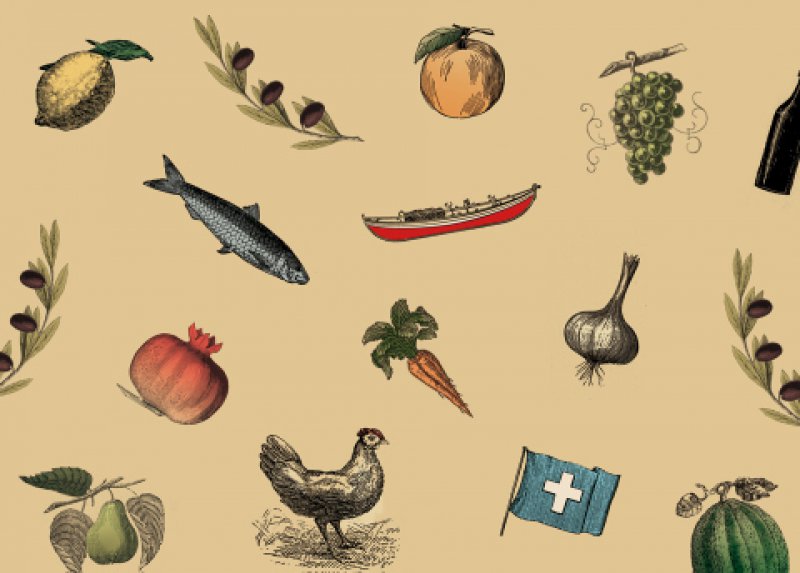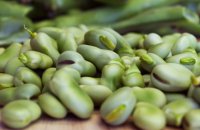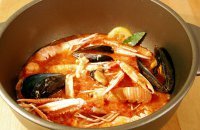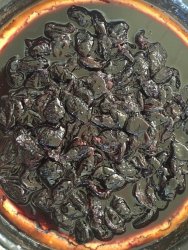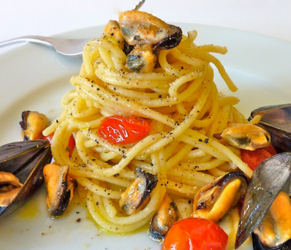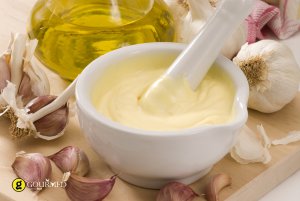For over three millennia, the Greek diet has been based largely on bread, oil and wine. Although ingredients indigenous to the Greek peninsula were few and poor, trade, wars, and travels brought the Greeks into contact with new civilizations, introducing the local cuisine to myriad new ingredients and techniques.
The predominance of infertile soil shaped the country’s cuisine to a large extent, limiting the cultivation of wheat to the plains. Barley was the primary crop in the dry and craggy areas of both the islands and the south, while livestock was limited to lambs, goats, and pigs.
It was during the Byzantine period that Greek food was impacted most significantly by foreign customs, as Greek cuisine effectively merged with that of Rome. Wealthy families employed chefs from foreign lands to cook exotic foods, while merchants imported new ingredients. The eggplant, the bitter orange, dried meats, fish roe, and myriad spices were among the new products that arrived in Greek marketplaces. It was during this time that villagers on the Aegean islands revolutionized dairy products through the production of cheeses like mizithra and feta. When Greek cuisine was introduced to sugar, villagers developed methods of preparing sweets, marmalades, and liqueurs. The middle ages ushered in a new wave of products, including potatoes, tomatoes, spinach, bananas, coffee, and tea, most of which came in from the New World.
Then, it was the influx of refugees from Asia Minor that had the second largest impact on Greek cooking, broadening Greece’s cooking repertoire, while introducing the local cuisine to new methods and ingredients. Next, the urbanization movement of the 1960s, a process which brought about new ways of presentation and the dawn of processed foods, set into motion further developments, thus transforming Greek cooking into the form that we recognize today. Perhaps the most characterizing feature of Greek cuisine are the herbs that it employs, most prominently basil, oregano, mint and thyme. Other characterizing features include the nearly ubiquitous usage of lemon, yoghurt, and olive oil.
The Evolution of Greek Cuisine
Although Greek cooking evolved into what it is today as a result of different pressures and influences, it still maintains a variety of aspects that once characterized the cooking of the ancients.
Country:
Category:
Related Articles
Most Popular recipes













































